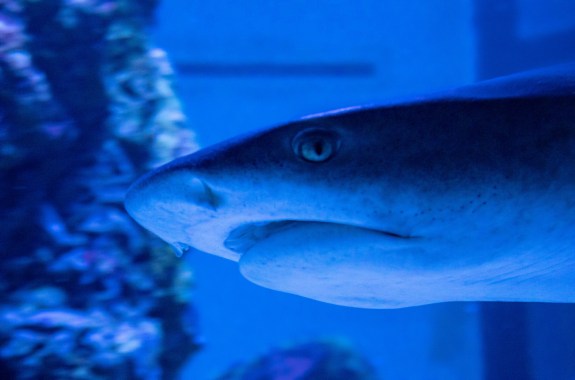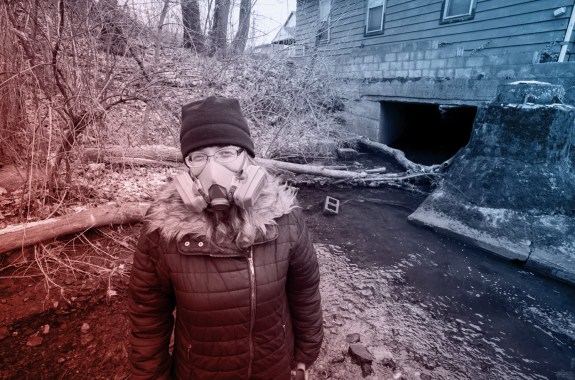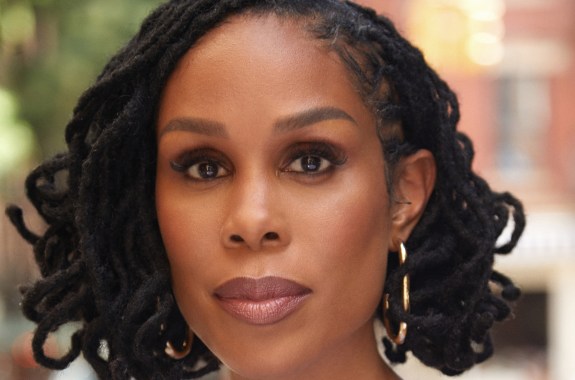Kathleen Davis is a producer and fill-in host at Science Friday, which means she spends her weeks researching, writing, editing, and sometimes talking into a microphone. She heads the show’s State of Science project, bringing local science stories to a national audience.
Before joining the Science Friday team in 2020, Kathleen reported on tech and breaking news at WESA, Pittsburgh’s NPR station. One time, her coworkers made her a dinosaur themed birthday cake, complete with a Rice Krispy meteor.
Kathleen is originally from the great state of Michigan, and is always eager to talk about freshwater lakes and Coney Island diners. She can often be found taking long walks to run errands that would be done much faster by other modes of transportation.
17:00
Blood In The Water: Shark Smell Put To The Test
Despite their reputation as super-smellers, sharks don’t have a better sense of smell than other fish. One researcher investigates.
11:11
A ‘Jeopardy!’ Winner Studied How Trivia Experts Recall Facts
How can some people recall random facts so easily? It may have to do with what else they remember about the moment they learned the information.
7:59
A Year After Chemical Spill, Ohio Community Is Still Recovering
In East Palestine, Ohio, the stream that flows under residents’ houses is still polluted following a train derailment and chemical spill.
8:57
Sacre Bleu! Some French Cheeses At Risk Of Extinction
A lack of diversity in the microbes that make Camembert, brie, and some blue cheeses could mean we bid adieu to some French varieties.
12:16
Faraway Planets Could Have Oceans Of Magma
Hycean planets were thought to be covered by oceans of water, but a new study suggests it could be magma instead.
12:07
Colorectal Cancer Rates Are Rising In Young People
It used to be rare for people under 50 to be diagnosed with colorectal cancer. It’s increasingly common among adults in their 20s, 30s, and 40s.
10:12
What An AI Learns From A Baby’s-Eye View Of The World
Associating images from a child’s daily life with the sounds they were hearing helped teach a computer model a set of basic nouns.
7:07
The Art And Science Of Trash Talk
Author Rafi Kohan explains the psychological and physiological responses to trash talk, ahead of Super Bowl Sunday.
17:16
A Black Physician’s Analysis Of The Legacy Of Racism In Medicine
In a new book, Dr. Uché Blackstock reflects on her experiences as a Black physician and the structural racism embedded in medicine.
12:09
Syphilis Cases Are Up 80% Since 2018
There has been a boom of syphilis cases, including a 180% increase in congenital syphilis cases, despite other STI levels staying stable.









